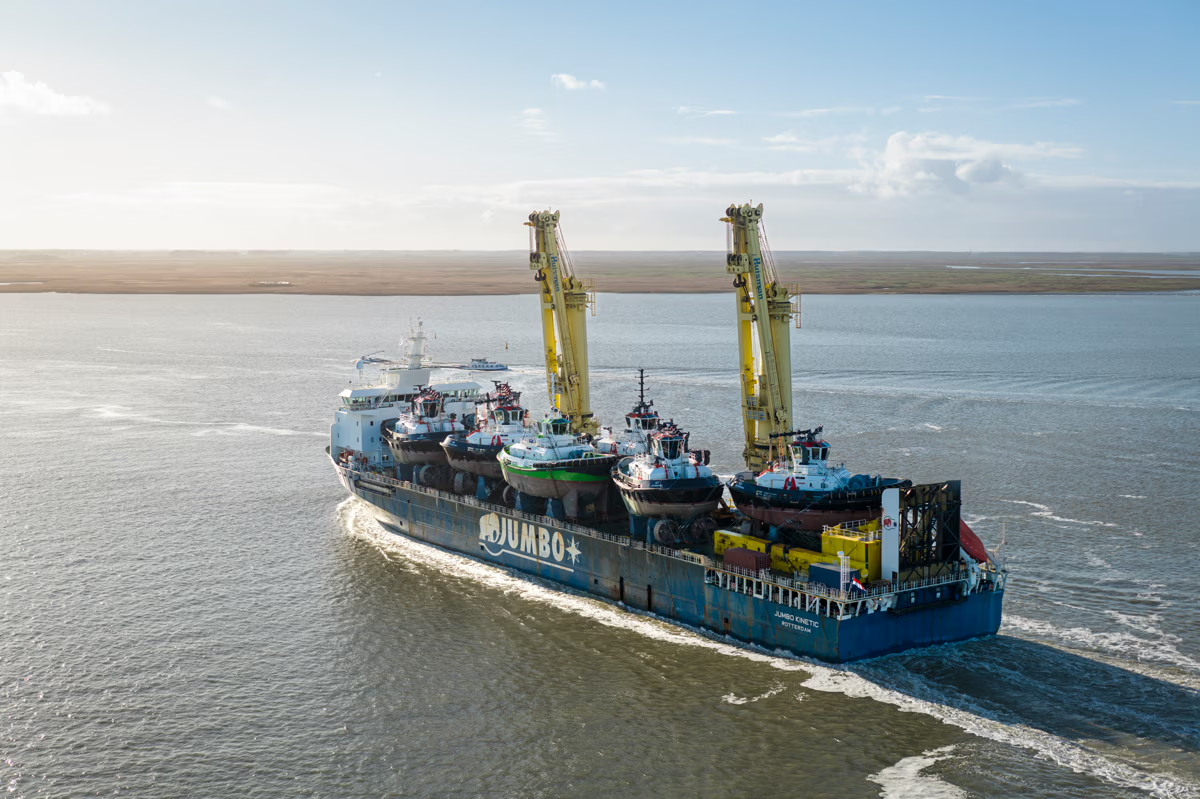SafeSeas, Stable Seas and ONE EARTH FUTURE issued a report focusing on the environmental crimes within the maritime context.
Namely, maritime environmental crime refers to criminality which takes place in the sea and that has a harmful impact on the marine environment. While this encompasses many different crimes, three of the most common and most significant are maritime pollution, illegal dredging and seabed mining, and illegal, unregulated, and unreported (IUU) fishing.
The “What We Know About Maritime Environmental Crime” report defines maritime environmental crimes as comprising activities that cause significant harm to the marine environment, where humans are often only second order victims.
Such crimes take place, in the sea, in the sense of the exploitation or degradation of the resources, fauna, cultural heritage, and infrastructures located in the oceans themselves. They are, as such, crimes of the anthropocene, in the sense that they take place in the context of human activities that engage and interact with the environment of the oceans themselves.
Conceptually, this definition encompasses all crimes that damage the marine environment significantly. These can range from small-scale activities such as recreational divers damaging coral reefs to large-scale industrial activities such as systemic illegal fishing.
The breadth of these potential crimes poses a challenge for the study of maritime environmental crime: they represent activities often captured under different legal regimes and having correspondingly broad research and data that speak to them available.
Overall, a clearer picture of maritime environmental crime as a whole will be beneficial to relevant agencies and law enforcement efforts to address these crimes, identify weaknesses in countermeasures, and address their root causes and intersections. In particular:
- Data gaps should be identified and acknowledged to help guide future collection and in order to overcome the current imbalance towards collecting data on certain forms of maritime crime.
- Building national capacity and developing political willingness is required to ensure these (often less prioritized) crimes are more comprehensively monitored and reported.
- More efforts should be made to aggregate data, especially around different forms of pollution and various fisheries crimes, to better recognize convergences and synergies.
- NGOs and communities have the potential to contribute significantly to these datasets and ameliorate some data availability problems, including under- or non-reporting by individual states. There should be greater engagement with these and more collaboration between them.



























































